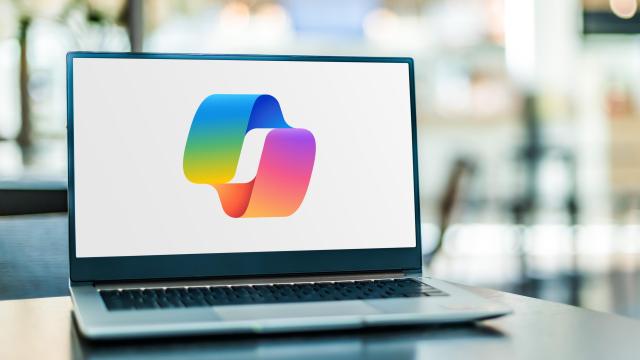Microsoft Copilot, the company’s AI-fueled workflow companion, is getting an upgrade. The virtual assistant will soon be integrated with OpenAI’s latest batch of tools, including the new and improved GPT-4 Turbo, which promises to make the app’s usefulness factor improve by a matter of degrees.
Yusuf Medhi, Microsoft’s EVP and consumer chief marketing officer, said in a blog published Tuesday that the company had “begun testing” the integrations, and that the new features would be rolling out soon (the announcement says this will happen at some point “in the coming weeks”).
“As we set our sights on 2024, we’re committed to bringing more innovation and advanced capabilities to Copilot to provide you with the leading way to benefit from AI,” Medhi added.
GPT-4 Turbo was announced at OpenAI’s first Dev Day (right before the company temporarily devolved into anarchy as a result of CEO Sam Altman’s short-lived ouster) and was broadly considered one of the more exciting developments at the conference. The new and improved large language model offers a couple of basic improvements over the original GPT-4. First, it has a larger “context window” (128K, in this case), meaning it’s able to retain a greater range of information. At the same time, it also has a later knowledge cutoff (so it knows more recent stuff). As a result, it should be able to take on longer prompts from users and deliver better, more informed insights to them.
In the context of its integration with Copilot, Microsoft (which is a close business partner with OpenAI) claims to be setting users up for a better, more streamlined work experience. Medhi says that GPT-4’s integration will allow users to “tackle more complex and longer tasks” and get better responses to their queries and needs via the virtual assistant.
Microsoft continues to churn out a steady stream of AI-infused products, but the financial success of those products has not always been assured. Earlier this year, it was reported that the company was struggling to make money with its Github Copilot iteration, the coding assistant marketed specifically to software developers. Despite its popularity early on, the tool was extremely expensive to run and wasn’t making back what the company was spending on it. Several months later, Github’s CEO Thomas Dohmke told Semafor that the company was actually “happy about the growing positive margins the product has” but was decidedly mum on the details.
Microsoft Copilot, with its growing arsenal of tools and integrations, costs enterprise customers $US30 a month, so it can hopefully outperform its digital cousin in that respect. At the very least, enterprise users will be getting better bang for their buck, which is never a bad thing.
